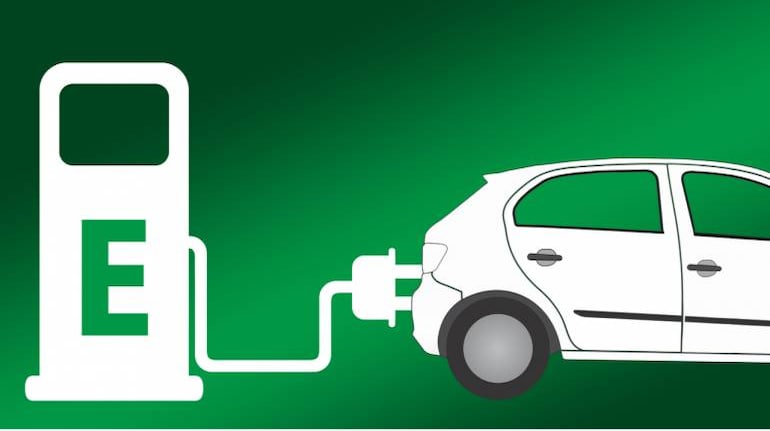



India is proposing to reduce import taxes on some electric vehicles (EVs) from the UK in an effort to clinch a free-trade deal between the two nations by the end of the year, Bloomberg reported quoting two people familiar with the discussions.
New Delhi is considering a concessional tariff of 30 percent on 2,500 electric vehicles imported annually from the UK priced above $80,000, the people said, asking not to be identified as the talks are private.
India currently levies taxes between 70 percent on vehicles up to $ 40,000 and 100 percent on vehicles above $ 40,000.
According to a report by CNBC-TV18, the Union government is considering import duty cut on fully built cars if a company commits to manufacture it in India. This policy on duty concession on electric cars, if brought in, will benefit all companies including Tesla, as per the report.
Prime Minister Narendra Modi chaired a high level meet to address EV penetration and e-manufacturing, the report further stated.
The government believes that schemes like PLI, FAME and ACC have created a strong incentive base for EV manufacturing, the report said.
Also Read | Tesla may enter India in 2024 as Centre pushes for fast-track entry
UK’s demand for import concessions on electric vehicles is one of the few outstanding issues in the free trade talks. Prime Minister Rishi Sunak and his Indian counterpart Narendra Modi had hoped to finalize the agreement by the end of last month, but it’s unlikely a deal will now be announced until December, Bloomberg News previously reported.
India’s trade ministry didn’t immediately respond to a request for information. A spokesperson for the UK trade department declined to comment as the talks are still ongoing.
India is the world’s most populous country, with demand for electric vehicles rising among middle-class and wealthy buyers. The adoption of EVs in the country has been held back by the high cost of the cars, a dearth of options and lack of charging stations. Opening up the EV segment of the market could also speed up cleaner transport in a nation with the world’s most toxic air.
Also Read | Audi exec says lower tax on imported EVs will help test India market
In India’s cost-conscious market, the country’s best-selling electric car, Tata Motors Ltd.’s Nexon.ev, is priced at less than 1.5 million rupees ($18,000). German luxury automakers BMW AG, Mercedes-Benz Group AG and Volkswagen AG’s Audi sell electric cars above $80,000 in India.
Modi’s government is treading cautiously on the EV imports as it seeks to build a domestic manufacturing industry for electric vehicles and parts. The government in 2021 announced a $3.1 billion production-linked incentive program for local EV production.
A final decision on India’s position on import duties on EVs has yet to be made, according to people familiar with the discussions.
India and the UK had already softened their position on a number of issues, including reducing tariffs on British cars and scotch whisky, Bloomberg News previously reported.
The two countries expect the free trade deal would double bilateral trade by 2030 through lower tariffs and increased market access. It would also be a political win for both leaders, with the UK-India pact seen as a key prize of Brexit and a way to boost India’s manufacturing ambitions.
India imposes a range of import duties on cars. For vehicles purchased from overseas unassembled, the tax ranges from 15% to 35%.
(With inputs from agencies)
Discover the latest Business News, Sensex, and Nifty updates. Obtain Personal Finance insights, tax queries, and expert opinions on Moneycontrol or download the Moneycontrol App to stay updated!
Find the best of Al News in one place, specially curated for you every weekend.
Stay on top of the latest tech trends and biggest startup news.